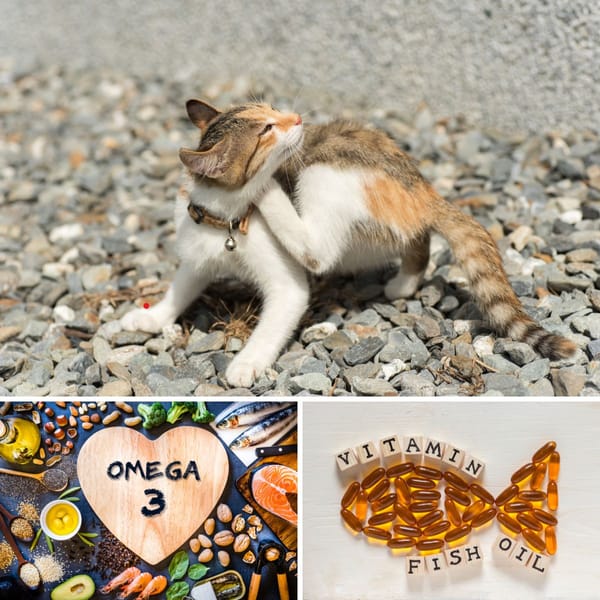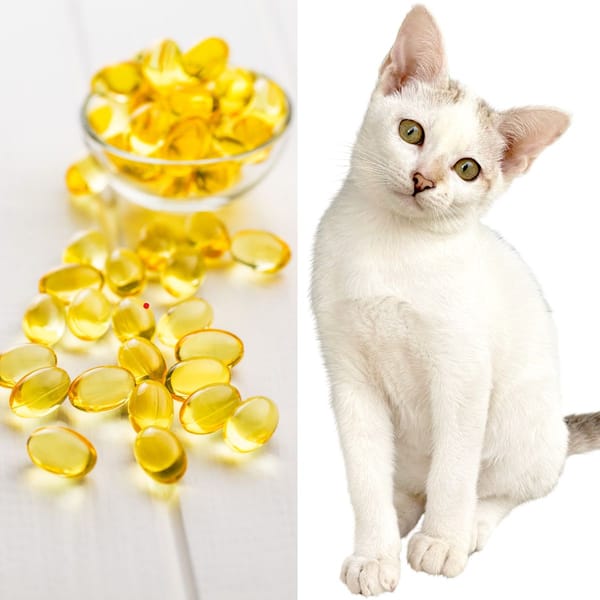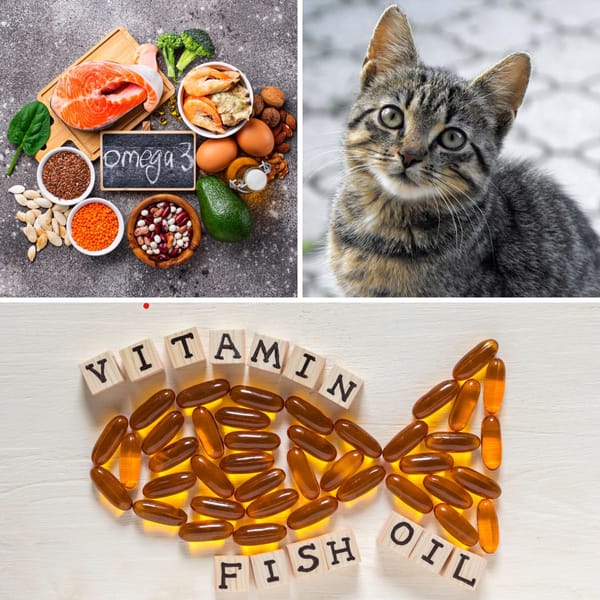Key Takeaways:
- Mixing dog probiotic powder with water is a common practice to support digestive health and maintain a healthy immune system.
- Probiotic supplements can be beneficial for dogs with health issues such as irritable bowel syndrome, chronic diarrhea, or skin issues.
- It's essential to consult with veterinarians to determine the appropriate dosage and ensure the probiotics remain viable when mixed with water.
Probiotics have become a staple in promoting intestinal health for both humans and pets. For our canine friends, the use of probiotic supplements can be a game-changer, especially for those suffering from digestive disturbances. But when it comes to administering these beneficial microbes, pet owners often ask, "Can you mix dog probiotic powder with water?" This article delves into the specifics of canine probiotic supplements and the best practices for ensuring your pet gets the full benefits.
Understanding Probiotics for Dogs
Probiotics are live microorganisms that, when administered in adequate amounts, confer a health benefit on the host. In dogs, these beneficial bacteria can help balance the gut microbiome, which is essential for a healthy digestive system and a robust immune response. Probiotic supplements for dogs come in various forms, including powders, capsules, and chews.
The Science Behind Mixing Probiotics with Water
When considering whether you can mix dog probiotic powder with water, it's crucial to understand how these supplements work. Probiotics are living organisms that need to reach the intestines alive to be effective. The concern with mixing them with water is whether they can survive and remain viable until consumed by your pet.
The Benefits of Probiotic Supplements for Canine Health
Probiotic supplements are known to support digestive health in dogs, aiding in conditions like irritable bowel syndrome and chronic diarrhea. They can also be helpful for pets with dairy intolerance or those who have been on antibiotics, which can disrupt the natural balance of gut bacteria.
Can Probiotics Be Mixed with Water for Dogs?
Yes, you can mix dog probiotic powder with water, but there are a few considerations to keep in mind. The temperature of the water should not be too hot, as extreme heat can kill the bacteria. Warm water or room temperature water is typically recommended to ensure the probiotics remain viable.
Choosing the Right Probiotic Supplement
When selecting a canine probiotic supplement, it's important to look for products with a high average rating value and quality strains of bacteria. Products like FortiFlora are popular among pet owners and are designed to be mixed with your dog's food or water.
Probiotics and Your Dog's Diet
The diet of your pet plays a significant role in the effectiveness of probiotic supplements. While some dogs may be on a diet of dry food, others may consume canned food or a mix of both. Probiotics can be added to any type of diet, but it's essential to follow the recommended dosage.
Administering Probiotics with Water
When mixing dog probiotic powder with water, it's crucial to ensure the mixture is consumed promptly. This helps maintain the viability of the probiotics so that they can be beneficial once they reach your dog's stomach and intestines.
Probiotic Safety: Human Consumption vs. Pet Formulas
When considering probiotics for our furry friends, it's crucial to understand the distinction between supplements designed for human consumption and those formulated specifically for animals. Probiotics tailored for pets, like FortiFlora, are developed with their unique digestive systems in mind. They often contain strains of bacteria beneficial to a dog's gut, which may differ from what is beneficial for humans. It's not advisable to share your probiotic supplement with your pet, as their bodies may not digest or utilize the bacteria as effectively, and there could be ingredients that are not pet-friendly.
Moreover, pet-specific probiotics are designed to be palatable and appealing to animals, ensuring that your pet eats the supplement without a fuss. They might come in a variety of forms, including powders that can be mixed with water or food, and treats that can be given as a reward. These products are also formulated to withstand the smell and taste that might be off-putting to pets, and they lack preservatives and additives that are commonly found in human probiotics, making them a safer choice for your pet's delicate system.
The Interplay of Antibiotics, Probiotics, and Your Pet's Microbiome
Antibiotics are a common medicine prescribed to both cats and dogs to combat bacterial infections. However, while they are effective at killing harmful bacteria, antibiotics can also disrupt the natural balance of good bacteria in your pet's body. This is where probiotics come in as a hopeful ally. Administering a probiotic during and after antibiotic treatment can help restore the balance of flora in your pet's gut, aiding in digestion and bolstering their immune system. It's important to choose a probiotic like FortiFlora that is designed to survive the antibiotic onslaught and reach the gut where it can do its work.
In liquid form, probiotics can be easily mixed with water or your pet's food, making it simple to administer the right dosage. The liquid form ensures that the probiotic can coat the stomach and intestines, allowing for better colonization of beneficial bacteria. For pets that are sensitive to changes in their diet or are picky eaters, liquid probiotics can be a discreet way to ensure they receive the benefits without altering the taste or smell of their regular meals. Always consult with a veterinarian before starting any new supplement regimen, especially when your pet is on other drugs, to ensure compatibility and safety.
The Role of Fermented Foods in Canine Diets
In addition to supplements, fermented foods like yogurt and kefir can be sources of natural probiotics for dogs. However, it's important to note that not all fermented foods are suitable for canine consumption, and some may cause issues like vomiting or diarrhea if not introduced properly.
Probiotics for Dogs with Skin Issues
Probiotics are not only beneficial for digestive health but can also be helpful for dogs with skin issues. The microbes in probiotic supplements can help balance the skin's flora and reduce symptoms associated with allergies and infections.
The Impact of Stress and Medications on Your Dog's Gut Health
Stress and medications, including antibiotics, can disrupt the balance of microorganisms in your dog's gut. Probiotic supplements can be essential in restoring this balance and supporting your pet's overall health.
Dosage and Feeding Recommendations
Consulting with a veterinarian is essential to determine the correct dosage of probiotic supplements for your dog. Over-the-counter products will provide general guidelines, but a vet can offer personalized advice based on your pet's specific needs.
The Importance of Probiotic Strains
Not all probiotic strains are created equal. Different strains offer various benefits, and some are more suited to addressing certain health issues in dogs. It's important to choose a supplement with strains that are beneficial for your pet's particular health concerns.
Probiotics for Cats: Is There a Difference?
While this article focuses on dogs, it's worth noting that cats can also benefit from probiotic supplements. However, the strains and dosage may differ, so it's important to choose a product specifically formulated for felines.
The Long-Term Benefits of Probiotics for Pets
Incorporating probiotics into your pet's routine can have long-term benefits for their health. By supporting a balanced gut microbiome, probiotics can contribute to a stronger immune system and better overall well-being for your dog.
Summary
Mixing dog probiotic powder with water is a viable option for pet owners looking to support their dog's digestive health and immune system. It's important to use warm or room temperature water to keep the bacteria alive and consult with a veterinarian for proper dosage. Probiotics can be a helpful addition to a dog's diet, especially for those with health issues like irritable bowel syndrome, chronic diarrhea, or skin problems. By choosing a high-quality supplement and following the recommended guidelines, you can ensure your pet receives the full benefits of these beneficial microbes.
FAQ Section
Q: How do I mix dog probiotic powder with water? A: To mix dog probiotic powder with water, simply add the recommended dosage of the powder to a bowl of warm or room-temperature water. Stir the mixture until the powder is fully dissolved and encourage your dog to drink it promptly to ensure the probiotics remain viable.
Q: Can I give my dog human probiotic supplements? A: It's not recommended to give your dog human probiotic supplements as the strains and dosage may not be suitable for canine consumption. Always choose a probiotic supplement specifically formulated for dogs.
Q: How often should I give my dog probiotic supplements? A: The frequency of administering probiotic supplements to your dog will depend on the product's instructions and your veterinarian's advice. Some supplements are designed for daily use, while others may be used as needed to address specific health issues. Always follow the guidelines provided and consult with your vet for personalized recommendations.







